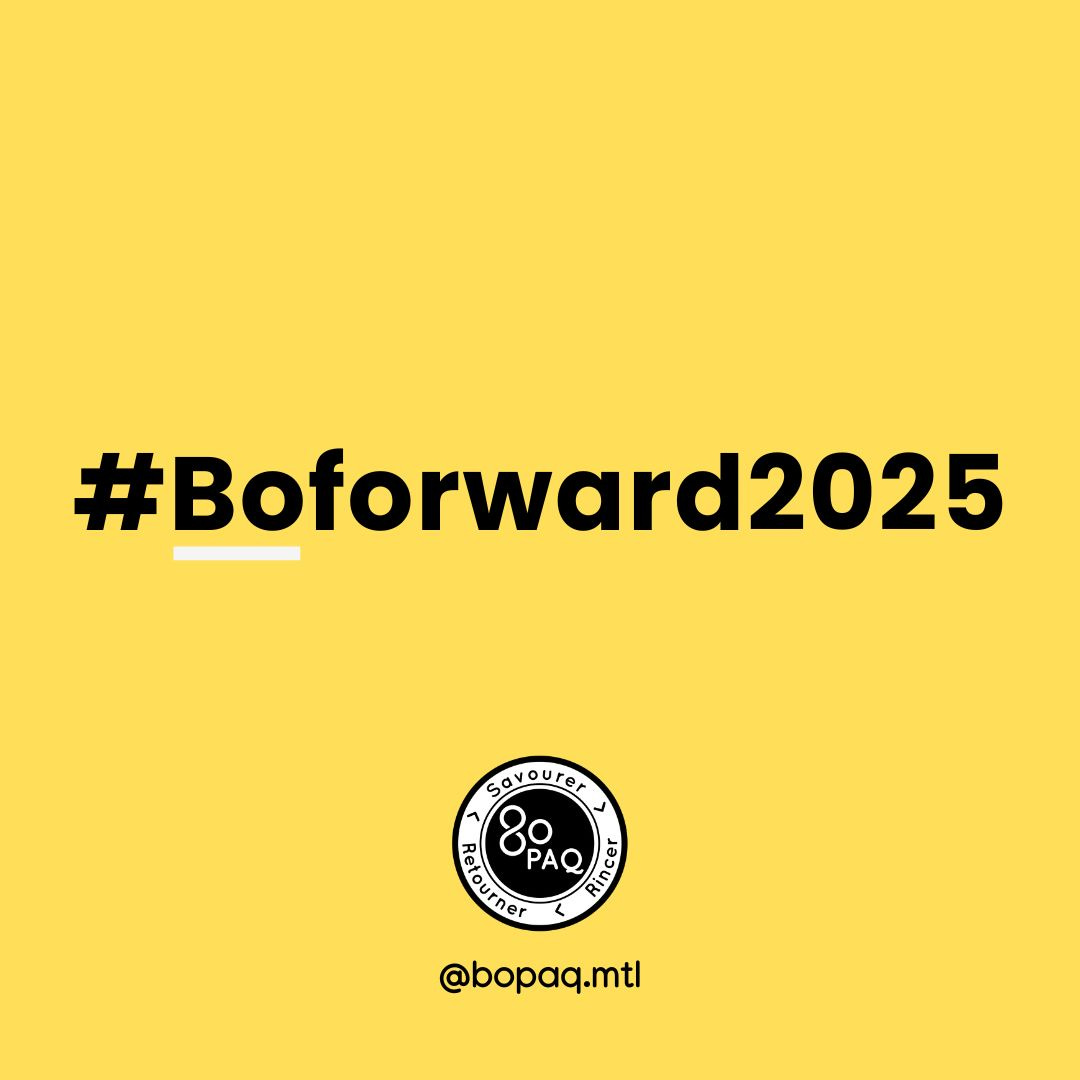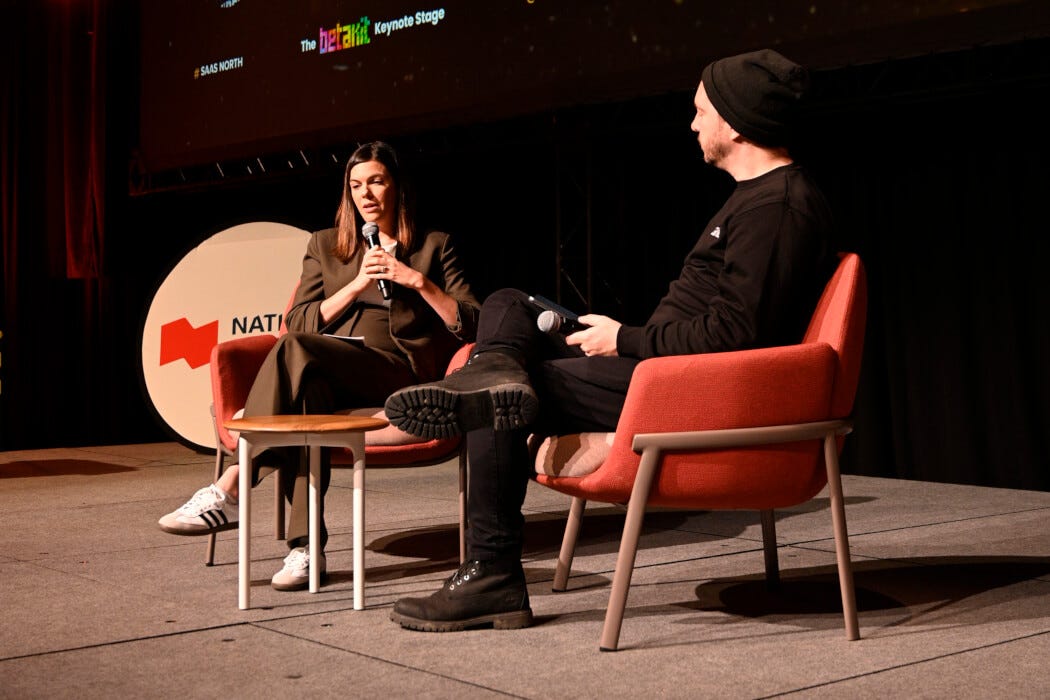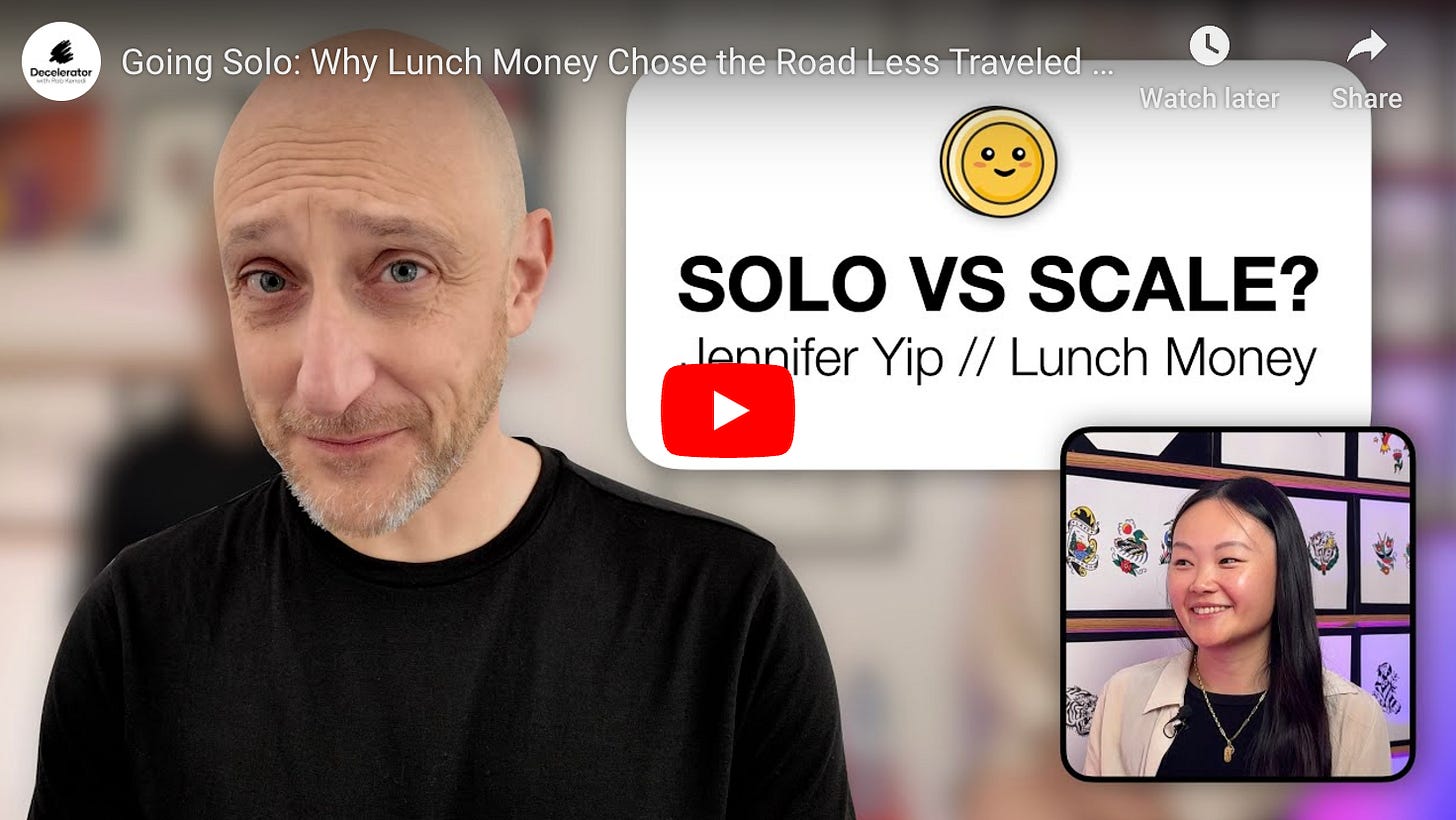On Failure (?)
Cadence

Hey folks, welcome to the mad rush before the holidays! Lots to cover today so let's get cracking. First, I've been asked about the show's cadence. To start, we'll be releasing biweekly (aka every two weeks, aka look for an episode late this week). Be sure to subscribe to get notified!
Episode 1: Jennifer Yip // Lunch Money
ICYMI, our first episode is out so check it!
On Failure (?)
In tech land, startup failure is “celebrated.” Why the quotes? Well, it’s easy to say that, and there are a few markets around the world that actually believe it, but let’s be real. It’s hard, mentally draining, financially stressful, and… well… you know, exhausting to be an entrepreneur.
And how will you actually wind down the company? Lay off everyone? Isn’t it embarrassing to just fuck it up? Is everyone rich except me, so it’s just signing a piece of paper and everything is fine?
I also think founders equate their personal value to the value of their company. So much is poured into it—at such cost to other relationships—that it’s hard to depersonalize the success and failure of the business from the founder’s own self-worth.
We’ll definitely be talking lots about failure on Decelerator. In the interim, I wonder if we’re seeing something culturally shift beyond the shiny LinkedIn post-its.
Mishel, founder of Bopaq, whom I met a year ago in Montréal, is a prime example of a driven entrepreneur with an open ask to keep her mission going. It’s rare to see such an honest, transparent assessment shared so publicly. Take a look at her request before she reaches the point of “failure”:
Mishel Wong on LinkedIn: #morereadythanyouthink


I come by these observations honestly. Last year, I recorded a BetaKit podcast about my failure, hoping to give something back to the universe and save someone else some pain. One thing I learned after sharing my story is that not raising money and being upfront about invalidating my approach made me a more attractive founder to investors. Why? Because you’re actually a responsible entrepreneur who can make hard decisions. Who knew?


More recently, a friend, notable founder, and someone I advised a decade ago, Marie Chevrier, shared her story. She shut down Sampler this summer, a Series B startup. Marie took the stage at the SaaS North conference to tell her story:
The story of Sampler (live at SAAS NORTH 2024)


When I spoke with Matt Cooper, CEO of Volta, a startup hub in Halifax, he told me about a remarkable achievement: he suggested to his government funders that the metric that matters isn’t necessarily jobs created but what the founder learned while building their startup. Entrepreneurship is a disease, after all, and shutting your company down, selling it, or IPOing are all just ends of a chapter.
Founders will do it again, making different mistakes, with extra grit and resilience to boot. They’ll get there—but who knows on what iteration.
So, yes, you can break your company. Yes, there are cool communities dedicated to the topic. And yes, it’s hard. But it’s heartening to see more and more open conversations on failure so we have more data—and emotional support—to know that it’s going to be okay. Eventually.
In the meantime, go help Mishel so I don’t have to have her on the show talking about failure. Maybe we’ll have her on an episode called “deus ex machina”?
☎️
Do you need a Founder911? Call or text me: 1.929.500.9910.
P.S., If you actually need 911, call 911, not Rob.
🔗
YouTube | Spotify | Apple Podcasts | TikTok | Instagram

